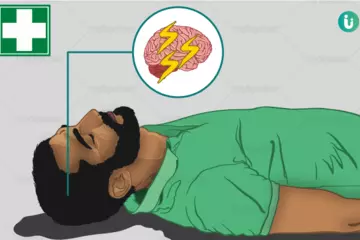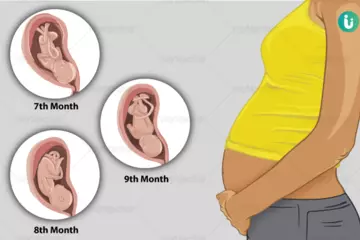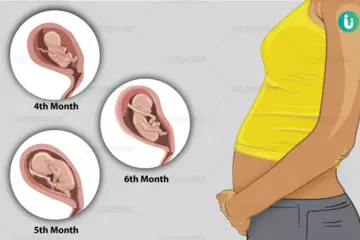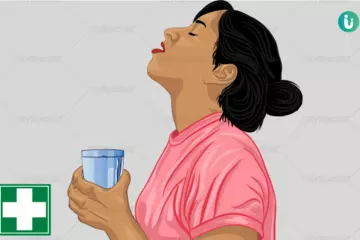What is Motion sickness?
Motion sickness is a sudden sensation during travelling that causes nausea and vomiting. Children, pregnant women, and people taking certain medicines are particularly prone to this condition. When the movements sensed by the nerves through the signals from ears, eyes, muscles and joints do not match in the brain, this sensation is experienced.
What are its main signs and symptoms?
Common symptoms include:
- Nausea and vomiting
- Upset stomach
- Lightheadedness
- Cold sweat
- Pale coloured skin
- Headache
Severe symptoms include
- Loss of body balance
- Dizziness
- Drooling
- Shortness of breath
- Feeling unwell
What are the main causes?
The symptoms of motion sickness appear when the brain receives mismatched messages from the sensory organs such as ear, eyes, muscle and joints. For example, if a person is on a plane he cannot see the turbulence but the body feels it. This mismatching of signal leads to discomfort and motion sickness.
Causes include:
- Physical, visual or virtual motion. E.g. travelling by boat, car, plane, or train.
- Sleep deprivation can enhance this condition
- Amusement rides and playground equipment can induce motion sickness too.
How is it diagnosed and treated?
Diagnosis includes the following steps:
- Motion sickness resolves by itself in most cases.
- Symptoms are assessed to find out the cause.
- Laboratory tests are not necessary.
- Physical examination includes tests like the Hallpike manoeuvre to confirm it is motion sickness.
Treatment includes the following:
- Ginger supplements might help curb nausea.
- Medications such as scopolamine, dimenhydrate and meclizine can be prescribed to relieve motion sickness.
Preventive measures to be taken include:
- Gaze towards the horizon or on a distant, stationary object. This reaffirmation of balance helps in the reorientation of the inner apparatus that maintains balance and reduces the motion sickness.
- Avoid reading while travelling or using electronic devices.
- Avoid smoking, alcohol, caffeine, strong odours, spicy and greasy foods.
- Eat light food before travelling.
- Sit in a comfortable position, closed eyes and elevated neck position with back resting.
- Chewing gum too helps in reducing car sickness for no clear reason.

 Doctors for Motion Sickness
Doctors for Motion Sickness  OTC Medicines for Motion Sickness
OTC Medicines for Motion Sickness
 Motion Sickness articles
Motion Sickness articles
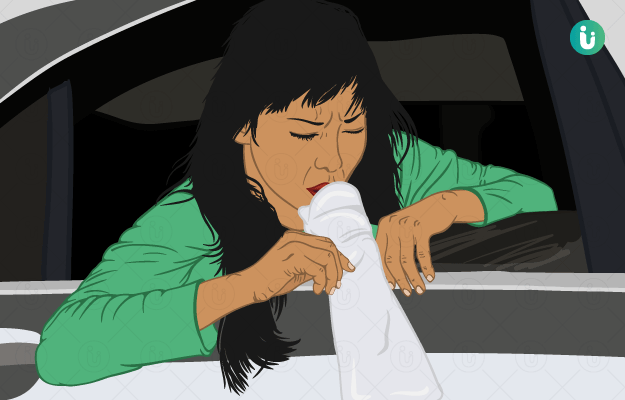
 Homeopathic Treatment of Motion Sickness
Homeopathic Treatment of Motion Sickness







 Dr. Rachita Narsaria
Dr. Rachita Narsaria
